Switzerland and Indonesia sign free trade deal
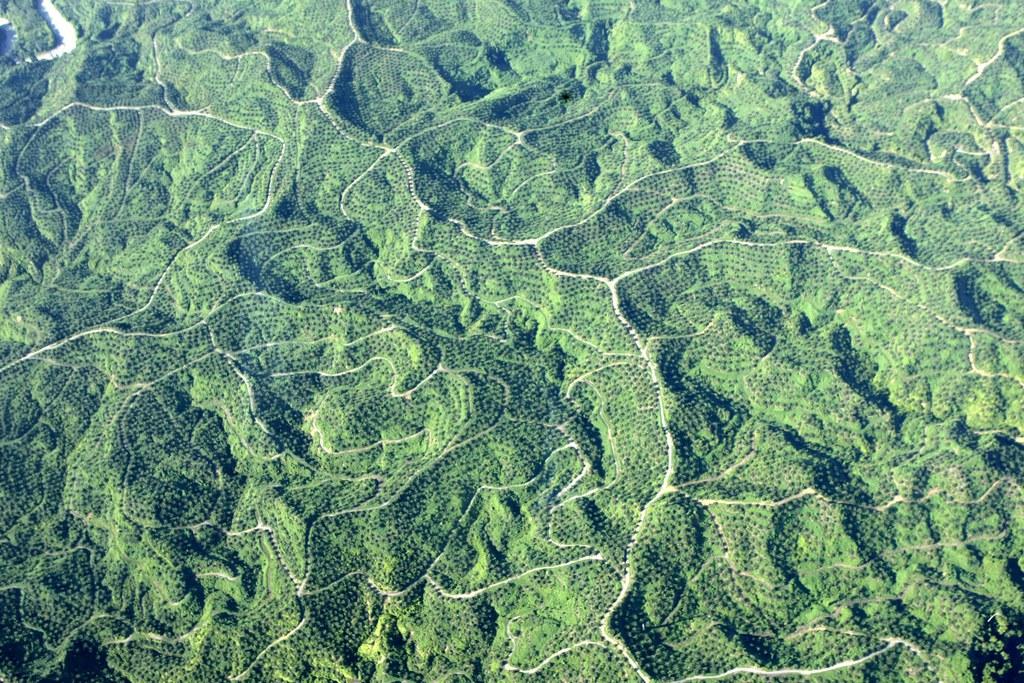
Switzerland, Liechtenstein, Iceland and Norway signed on Sunday a free trade agreement with Indonesia, the world’s largest supplier of palm oil. In the medium term, 98% of Swiss exports to the island nation will be exempt from customs duties.
The agreement is to be ratified by 2020 at the latest. With an annual trade volume of CHF830 million, Indonesia is one of Switzerland’s most important trading partners in Southeast Asia. The agreement includes rules for Indonesian palm oil, the Swiss news agency Keystone-SDA reported.
Swiss Economics Minister Johann Schneider-Ammann along with representatives from the three other nations in The European Free Trade Association (EFTA) were in Jakarta for the signing. The EFTA states will become Indonesia’s first free trade partner in Europe. Indonesia’s trade minister, Enggartiasto Lukita, signed on behalf of his country.
In addition to market access, the agreement guarantees legal certainty, the protection of intellectual property and the dismantling of non-tariff barriers to trade, according to the news agency, For palm oil, Switzerland grants tariff discounts for quotas so that domestic vegetable oil production is not endangered.
+ Some in Switzerland wanted the deal to exclude palm oil
The agreement also contains obligations to comply with multilateral conventions, particularly in the areas of labour and the environment, as well as a specific provision designed to ensure sustainable production of palm oil.
Indonesia is the world’s largest producer and exporter of palm oil, followed by Malaysia. It is also the largest greenhouse gas emitter after China and the United States.
Palm oil is used in a wide array of consumer goods from makeup to snacks. The industry is linked to deforestation, habitat degradation — especially for orangutans, climate change, animal cruelty and indigenous rights abuses. Land and forests must be cleared for the development of the oil palm plantations in Indonesia and other countries where it is produced.
Switzerland imports between 30,000 and 40,000 tonnes of palm oil every year. Between 80% to 90% of these imports are destined for the food industry and are used to make biscuits, pasta and even instant soup.
Schneider-Ammann wants to initiate the parliamentary approval process immediately. The outgoing economics minister was accompanied in Jakarta by Heinz Karrer, president of the economiesuisseExternal link umbrella organization and Matthias Leuenberger, head of sciencesindustriesExternal link Switzerland, a business association for chemistry, pharma and biotech companies.

In compliance with the JTI standards
More: SWI swissinfo.ch certified by the Journalism Trust Initiative
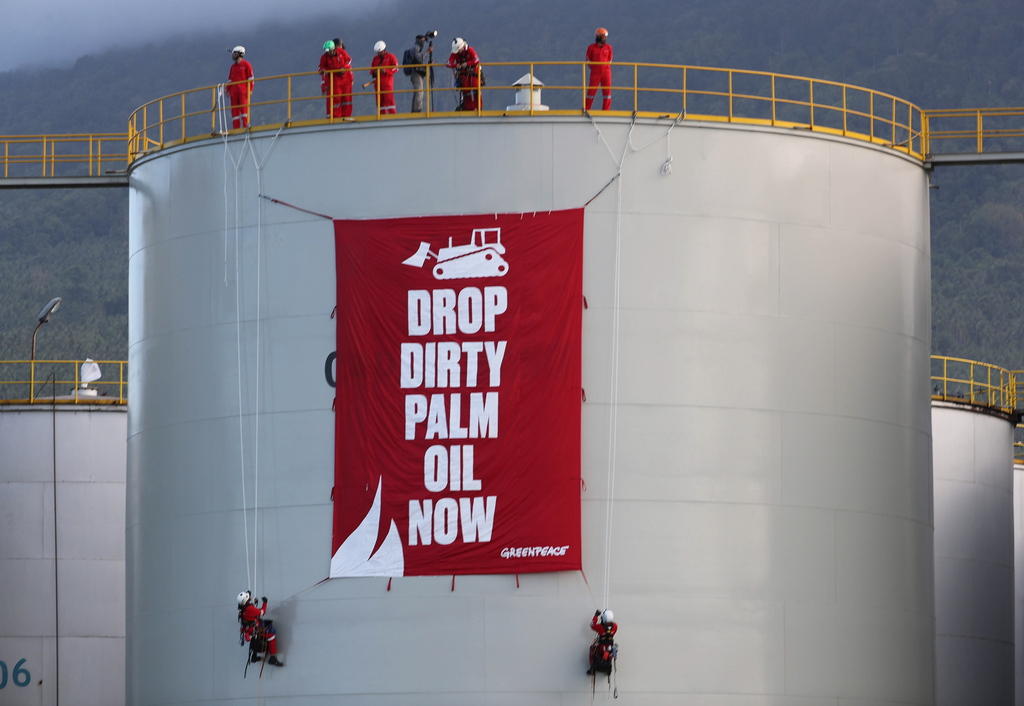
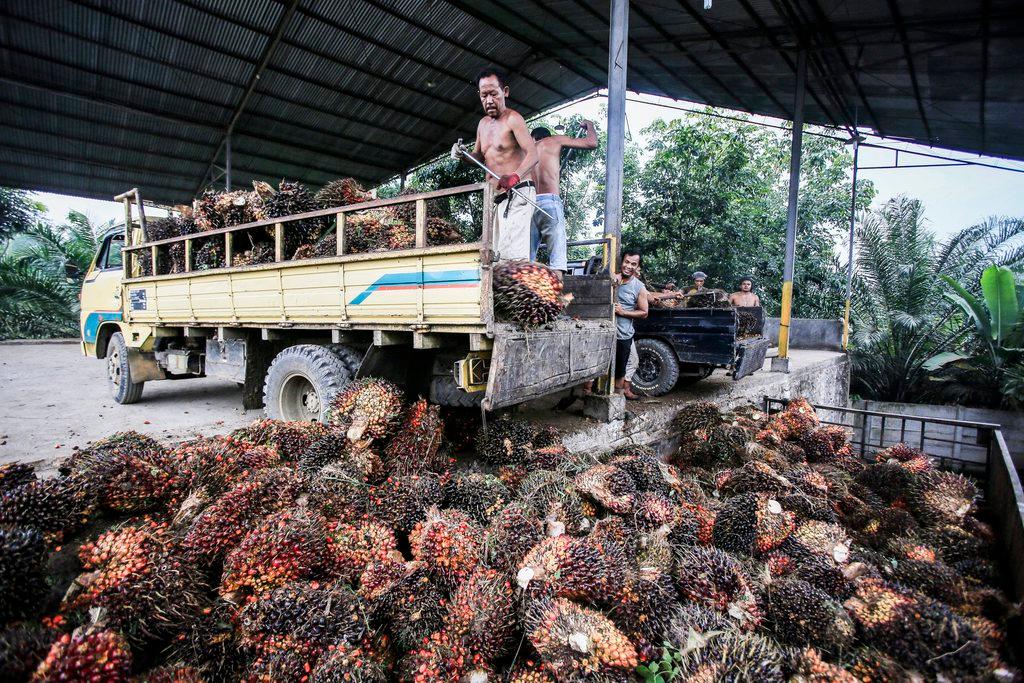
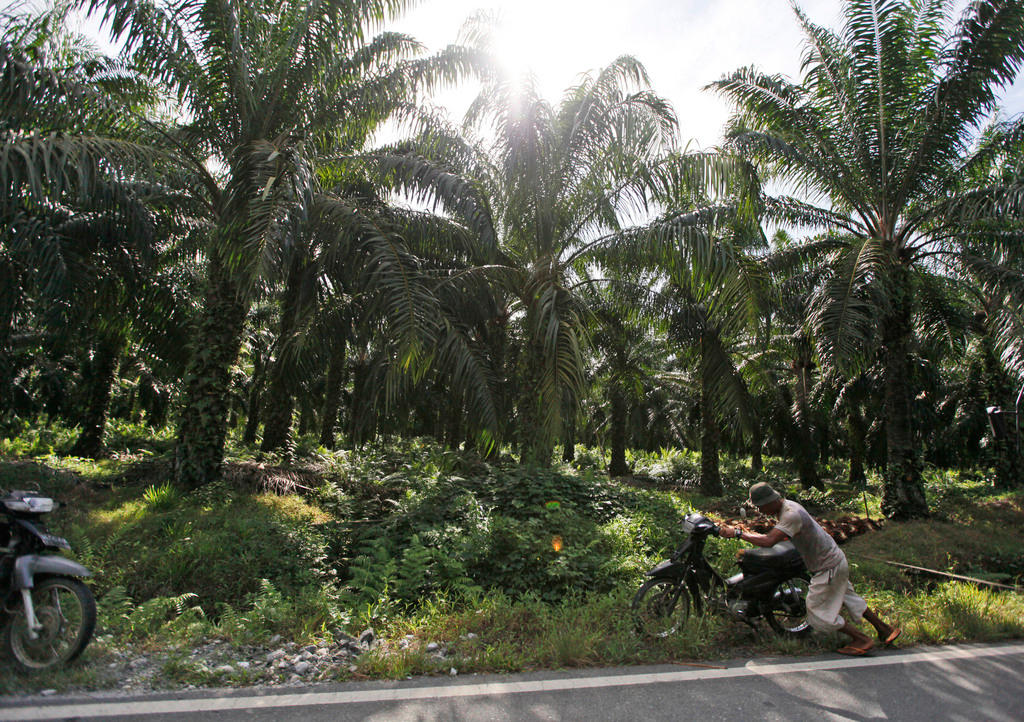
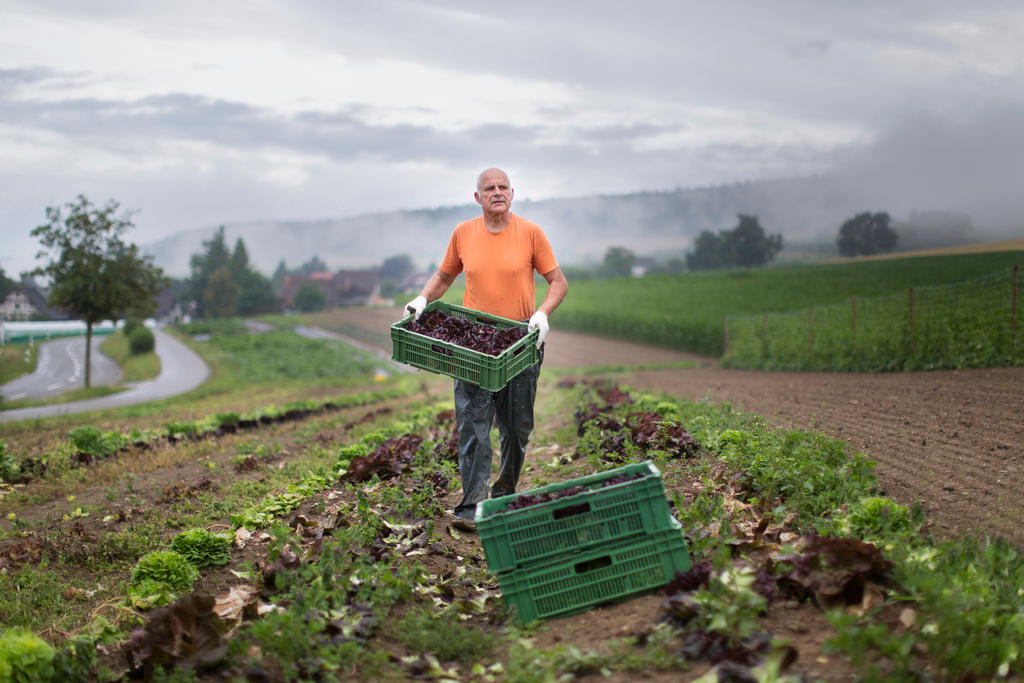

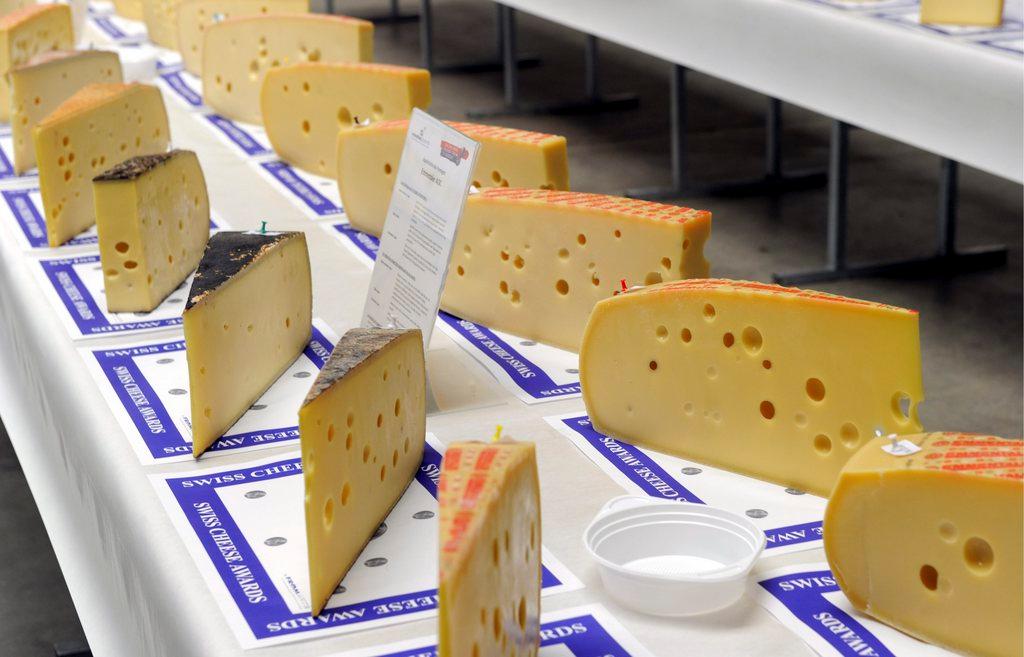
You can find an overview of ongoing debates with our journalists here. Please join us!
If you want to start a conversation about a topic raised in this article or want to report factual errors, email us at english@swissinfo.ch.